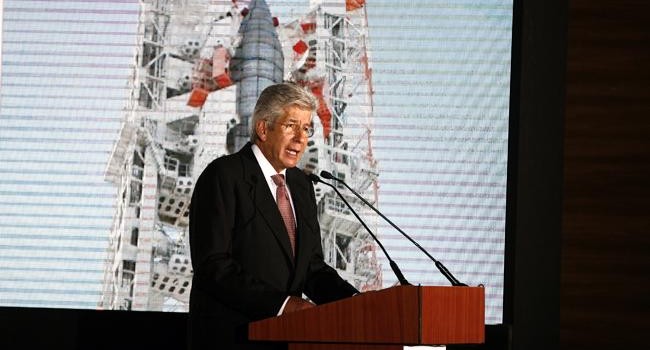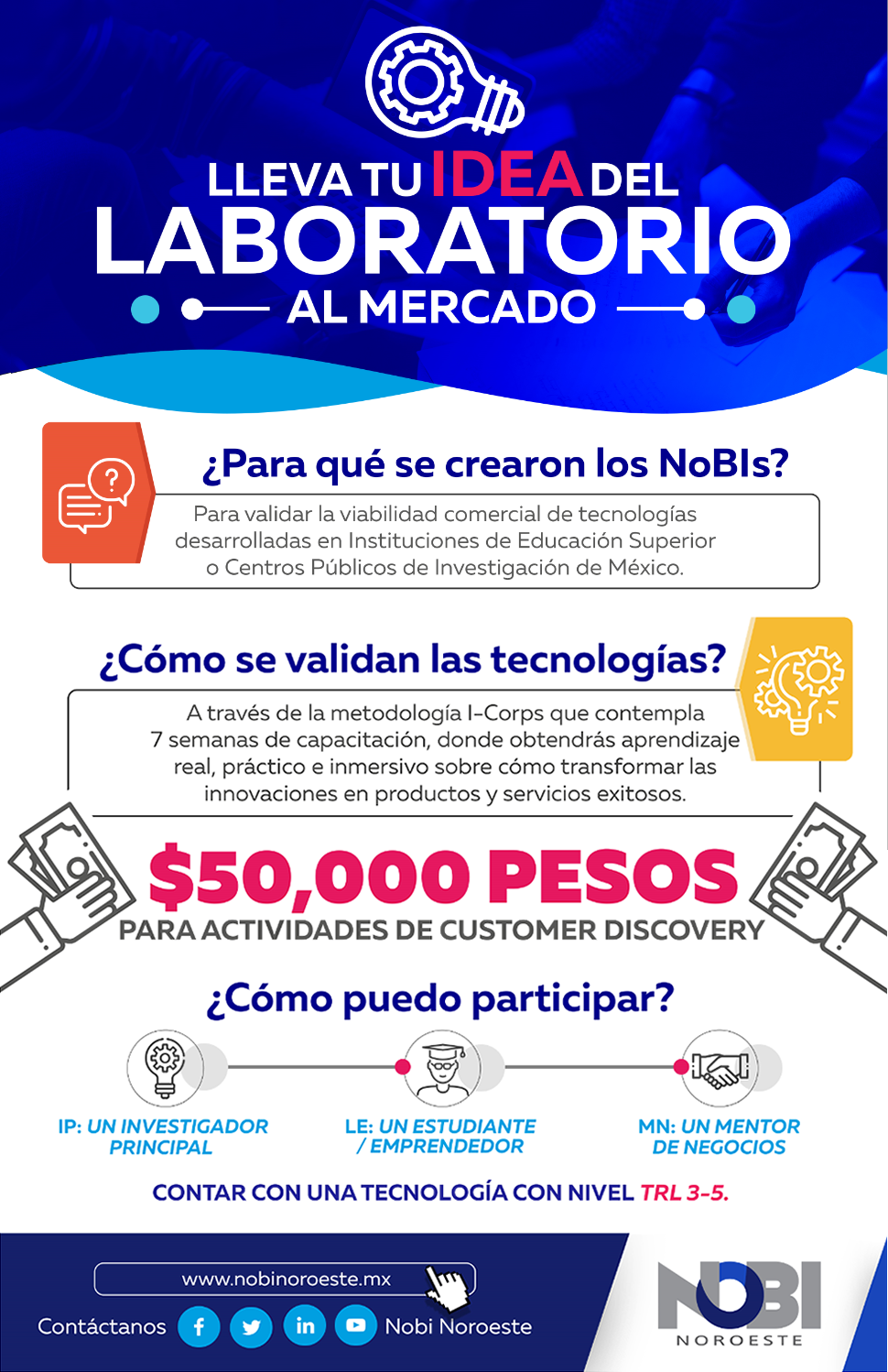On behalf of the Rector of the Autonomous University of Sinaloa (UAS, Universidad Autónoma de Sinaloa), MBA José Ramón López Arellano, Director of the Technological Innovation Park (PIT, Parque de Innovación Tecnológica) of the University, went to Mexico City in order to witness the meeting which objective was to make known the advances on the reform of telecommunications and broadcasting. The reform, at almost two years of its promulgation: “… has managed to make world investors put their eyes on Mexico”, according to Gerardo Ruiz Esparza, principal of the Secretariat of Communications and Transportation (SCT, Secretaría de Comunicaciones y Transportes).
During the presentation of the advances on the reform of telecommunications and broadcasting, Ruiz Esparza expressed to sector’s entrepreneurs, academics and legislators that Mexico sets “as one of the countries with more opportunities for economic activities and development”.
With the reform “important new investments have been formalized for over six billions of dollars, from global quality firms, such as AT&T, Eutelsat and Virgin Mobile”, detailed.
He gave as a reference that recently the Organisation for Economic Co-operation and Development upheld that the regulation of telecommunications in Mexico is now significantly less restrictive, even placing itself below the average of member countries.
In a video transmitted during the presentation, Thaddeus Arroyo, Director of AT&T Mexico, claimed that “good policies promote good investment decisions”. Thus, AT&T’s acquisitions of Iusacell and soon Nextel are results of these reforms.
In other topics, the SCT announced that on its website will be published the application for expressions of interest for the development of the shared network, wherewith its bidding will begin.
The shared network of mobile services at wholesale implies an approximate inversion of ten billions of dollars for the next ten years, and it is the biggest infrastructure project on telecommunications.
The government unit expects that, once liberated the 700 MHz band, more private investments will be attracted and internet coverage, mobile telephony and the quality of the services will be improved.
Ruiz Esparza emphasized that “TV’s digital transition will be possible to realize thanks to the reform”, and that by such constitutional mandate this must be achieved by December 31st of 2015.
In favor
- Elimination of national long-distance.
- Portability of numbers within 24 hours.
- Eutelsat Communications acquired Satmex by 831 millions of dollars.
- Virgin Mobile began operations in Mexico, with an investment of 45 millions of dollars.
- AT&T invested 2.5 billions of dollars on the purchase of Iusacell and is planning to invest 1875 additional millions of dollars.
On hold
- Scant advance on TV’s digital transition process, which must end by December 31st of this year, although there has been just one analog blackout.
- Shared network’s deployment should have started last year, but it was until November of 2014 that the SCT began with the field testing of the technology to be used on the 700 MHz band.
- Raise connectivity levels: there is chance of connecting 60 millions of currently unconnected users by 2018.
Market, the most important factor for progress of the reform
At almost two years from the promulgation of the reform on telecommunications, and one year of the new legislation, investments on the sector strongly obey the dynamic of international market, although new rules have facilitated the operations. There still a lack of crucial subjects for the sector, therefore, true effects could begin to be noticeable in a year, in accordance to specialists.
Jorge Fernando Negrete, director of Mediatelecom Policy & Law, expressed that in the case of AT&T’s 2.5 billions of dollars to be invested, those are for purchasing business assets, even though they do not necessarily generate a bigger competition nor coverage.
“AT&T entered in Mexico because it came from a procurement package on Brazil, Argentina and Colombia, and inside of that package came our country”, detailed.
For the Law Institute of Telecommunications (Instituto de Derecho de las Telecomunicaciones), the measures of higher impact on the gestation of an effective competence environment on markets have not reached its materialization yet. As, for example, infrastructure sharing and unbundling of the local network of the predominant: notwithstanding that in the case of public offer it has already been published, it is not been carried out yet any agreement on usage and sharing of América Móvil’s infrastructure.
“The spotlight of the regulatory authority and the agents involved should focus on compliance and effective implementation of the measures which materialization still unreached”, stated.
Additionally, still to be done the shared network’s deployment and its start of operations, with planned investments of ten billions of dollars.
On digital television, the SCT informed that to the date a little bit over two millions of televisions have been delivered, but this agency and the Federal Institute of Telecommunications (Instituto Federal de Telecomunicaciones) go against the clock.
In accordance with the constitutional mandate, the digital transition in the whole country must be done at the latest on December 31st of this year, and barely one analog blackout has been done.
Negrete considered that “we have to wait at least another year to see real and objective effects of the reform, enterprises need fiscal exercise to see if investments are being done in the country or not”.
Source: El Economista journal. http://eleconomista.com.mx/industrias/2015/03/11/reforma-telecom-genero-ya-inversion-us6000-millones. Translated by Belem Ruiz (Edition and Communication, PIT-UAS).



 Parque Científico Tecnológico, Universidad Autónoma de Sinaloa © 2015
Parque Científico Tecnológico, Universidad Autónoma de Sinaloa © 2015